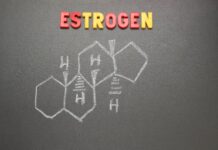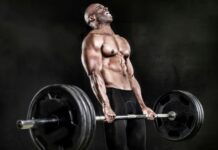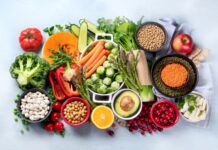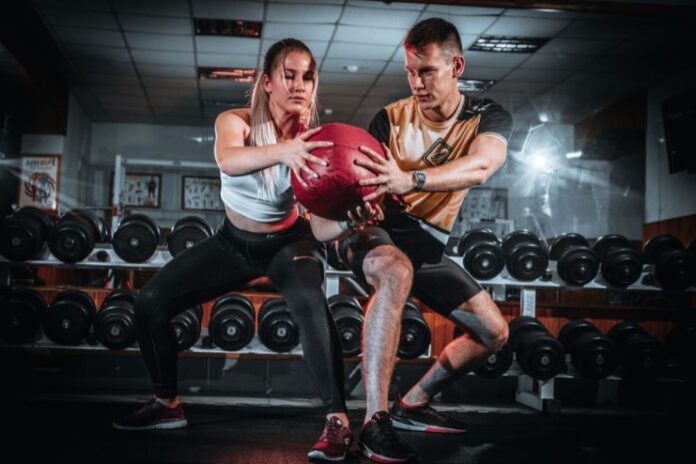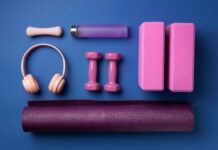Achieving fitness objectives and optimizing workout performance depend heavily on nutrition. What you consume and when you eat it can significantly impact your results, whether your goal is to lose body fat, increase endurance, or develop muscle. A healthy diet provides the body with energy before working out, enhances performance throughout the session, and facilitates recovery following the workout.
Realizing the importance of pre- and post-exercise dietary techniques can drastically change your fitness path. While post-workout nutrition aids in muscle regeneration, glycogen storage replenishment, and soreness reduction, pre-workout meals or snacks give you the energy and endurance you need to perform well.
Properly scheduling your meals and selecting the ideal nutrition can increase your total workout efficiency, lower your chance of injury, and speed your recovery. In this article, we’ll explore the fundamentals of nutrition before and after exercise, assisting you in making wise decisions that will nourish your body and promote long-term fitness success.
Read More: The 3D Core Workout – Why You Need More Than Just Crunches
Pre-Workout Nutrition
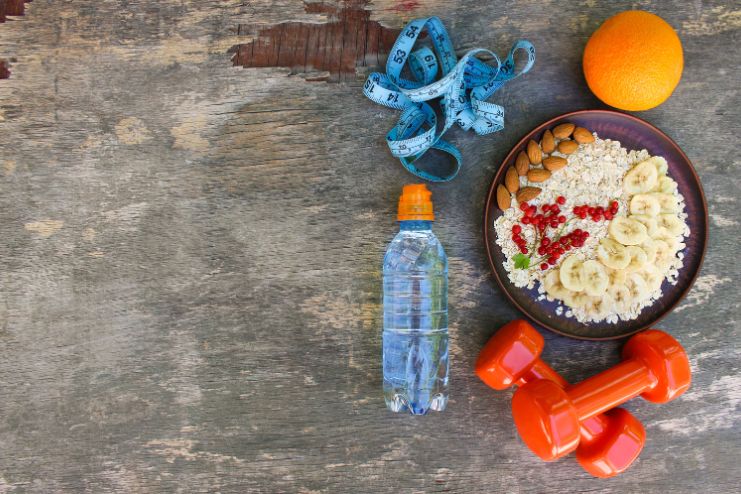
You must keep your engine going when you exercise since your body is your car. It entails providing your body with nourishing food and drinking enough water. Eating a healthy diet can improve athletic performance and healing.
Working out regularly boosts your mood and enhances both physical and emotional well-being. Depending on the kind of exercise you are engaging in, you decide what to eat and which pre-workout snack is optimal.
A pre-workout meal is more than just a snack; it’s your workout fuel, providing you with the energy, stamina, and muscular support you need for a successful session. A well-balanced breakfast can help you stay strong and focused by combining protein for muscular health, carbohydrates for rapid energy, and a small amount of fat for sustained power. The straightforward objective is to give your body the food it needs to function properly.
Eggs on toast, yogurt, berries, or oatmeal with a fruit are great homemade pre-workout options if you’d rather keep things natural. Except for the additives that specific store-bought pre-workout mixes may contain, these whole foods provide complete control over what enters your body and help you fuel yourself in a way that supports your objectives. You can also customize your dietary requirements and preferences as needed.
Additionally, timing is essential! Eating one to three hours before working out allows your body to process and use the food as fuel. Having the proper nutrients in your body at the correct time makes a tremendous difference, whether preparing for a brief HIIT session, a long marathon, or strength training.
Hydration Before Exercise
Water consumption before, during, and after exercise will help you perform better and replenish lost perspiration. In any case, why is it crucial to drink water when exercising?
Research indicates that water makes up 60% of human bodies. According to Roxana Ehsani, MS, RD, CSSD, a board-certified sports dietitian from Miami, “We can’t function without it, and it impacts almost every system in our bodies, from our muscles to our cardiovascular system to our brain.”
Maintaining proper fluid balance and related processes—such as moving nutrients and oxygen throughout the body, controlling blood pressure and volume, lubricating and protecting our tissues and joints, and controlling body temperature—requires drinking plenty of water.
Numerous variables, including the weather, your health, your attire, and the length and intensity of your workouts, affect how much water you require. Your hydration needs shift with your body and situation, but at the heart of it, staying well-watered is what really counts.
Proper hydration will improve performance, help you focus, boost your stamina, and avoid unnecessary body temperature and heart rate spikes.
Buy Now: Gym Water Bottle
Read More: Silent Workouts: Can Low-Impact Exercises Be Just as Effective?
Timing and Composition of Pre-Workout Meals
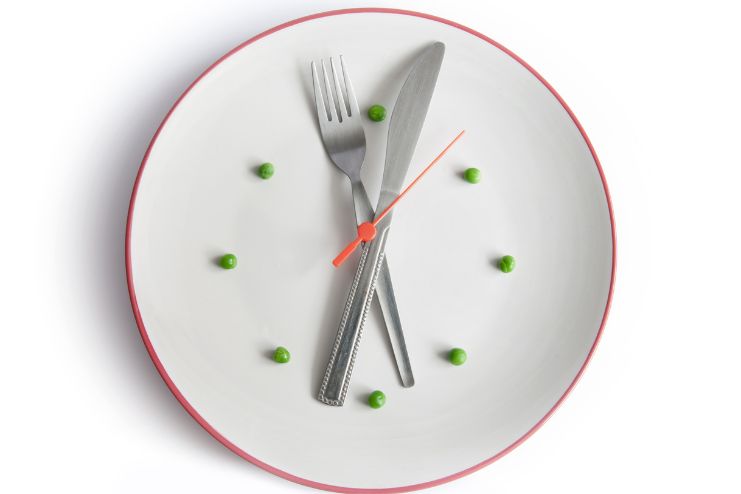
Meal scheduling is a very crucial component of pre-exercise nutrition. It guarantees you enough energy and nutrients to maximize your activity.
According to a 2020 review, numerous studies recommend eating an hour before working out. Other research, however, has shown that eating up to four hours before working out has advantages.
How you feel when working out might be a crucial consideration.
Trying to train on an empty stomach is like driving a car on fumes—you simply won’t have the fuel to give it your all. In the same way, you might not be able to do your best work if you’re feeling bloated or lethargic.
Generally speaking, it’s better to avoid eating right before working out because your stomach is working to digest the food while your muscles attempt to perform their “thing.” Achieving optimal performance is difficult due to these conflicting expectations. Furthermore, eating too soon before working out can cause gastrointestinal pain while you’re training or playing.
Depending on how your body handles meals, you should nourish yourself for one to four hours before working out. Try several time frames to see what suits your body the best. If you’re a competitive athlete, investigate this throughout your training days rather than on game day.
Read More: Climbing Workouts: Why Scaling Walls Is the Ultimate Full-Body Exercise
Post-Workout Nutrition
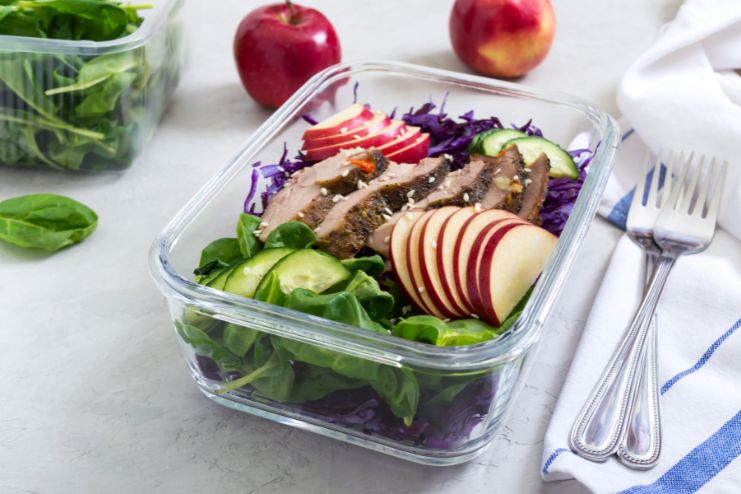
Restoring homeostasis in the body is a crucial function of muscle recovery after exercise. A living creature is said to be in homeostasis when all of its bodily systems are balanced, allowing it to survive.
When in a state of homeostasis, the body adapts to changes both inside and outside of it. Optimizing muscle recovery after exercise includes improving a person’s physical capabilities and sports performance and restoring homeostasis.
You may maximize your fitness goals by eating the proper nutrients after working out.
While you work out, your muscles expand glycogen, the body’s preferred fuel source. During exercise, your body may break down and damage some of the proteins in your muscles.
After working out, your body replenishes its glycogen stores and creates new muscle proteins.
After a workout or competition, concentrate on supplying your body with protein and carbohydrates. The available protein and amino acids support your muscles’ rebuilding, repair, and restoration of the glycogen they recently lost during exercise.
When you work out, you burn a lot of carbohydrates, which are your muscles’ primary source of energy. In 30 to 60 minutes following your workout, your muscles can use the protein and the carbohydrates as fuel and aid in recovery. Fuel up with wholesome carbs like brown rice, whole-grain bread, and pasta made from whole grains.
Consume lean or low-fat ground beef or pork, salmon, trout, skinless chicken breast, and other good protein-rich foods. Healthy protein sources for vegetarians include lentils, beans, peas, almonds, and seeds. And don’t forget protein—it’s your muscles’ best friend when it comes to growth and repair.
Hydration After Exercise
Hydration is essential to recovering from an intense workout and goes beyond slaking your thirst. Every drop of water you consume assists your body in recovering from the strain of exercise. Knowing the fundamentals of post-workout hydration will help you maximize your recovery and improve your performance as you start your fitness journey.
Proper hydration techniques substantially impact muscle healing, nutrition absorption, and general body functions, in addition to replacing lost fluids.
Your journey to proper hydration and muscle recovery begins the moment your workout ends. During the post-exercise phase, your body begins to mend the tiny tears in your muscles after vigorous exercise. Maintaining adequate hydration speeds up this process by giving your cells the conditions they need to grow and repair.
Planning before and after your workout is a practical way to determine how much water you’ll need. Start by weighing yourself both before and after your workout. In the hours leading up to training or competition, aim to drink 5–10 milliliters per kilogram (or 2-4 milliliters per pound) of body weight, spread across the 2 to 4 hours prior. Water bottles for exercise are helpful in this situation. Choosing a sturdy water bottle or even a water jug for exercise might make all the difference.
Buy Now: Water Bottle for Gym
Read More: Shed Pounds Fast: 6 Effective Workouts You Can Do at Home
Timing and Composition of Post-Workout Meals
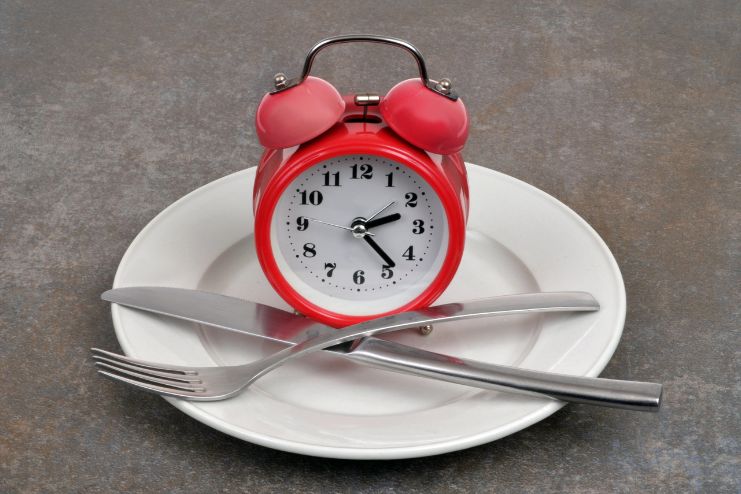
A good foundation for a healthy lifestyle is built on two main pillars: first, nutrition, and second is physical activity. But may synchronizing our food and exercise schedules enhance our fitness outcomes? What dietary adjustments should we make before, during, and after activities?
“It’s not just about calories,” says Heidi Skolnik, MS, CDN, FACSM, a fellow with the American College of Sports Medicine and a sports nutritionist in the Women’s Sports Medicine Center at HSS. It all comes down to ensuring that you have the energy to match the demands of your exercise and keep up your intensity.
Maintaining energy levels during workouts can be achieved by eating a balanced meal and practicing wise snacking.
Performance depends as much on how you feel after a rigorous training session as on how you eat before. Make sure your post-workout meal has protein and carbs to help your muscles heal and prepare for your next session. Remember the three Rs: refuel, rebuild, and rehydrate for a post-workout diet.
Although some argue that maximizing hypertrophic growth requires quick post-workout dietary consumption, there is conflicting evidence about the validity of this “anabolic window.” Most of the training conducted for this hypothesis was while fasting.
Resistance exercise is best performed following an overnight fast to boost muscle protein synthesis, decrease proteolysis (the breakdown of protein into amino acids), and transition from a catabolic to an anabolic state.
Eating a meal after exercise is important because the period of digestion and absorption can extend into a recovery phase. Therefore, to maximize healing and anabolism, you can have your post-workout meal immediately or one to two hours after working out.
Read More: Dance Your Way to Fitness: Exploring Fun Cardio Dance Workouts
Importance of Nutrient Timing
Nutrient timing, or knowing when to eat in relation to your training, can greatly impact your performance, endurance, and restoration. The timing of your meals is just as crucial as the choices you make about what to eat. By strategically fueling your body before and after your workouts, you can ensure you have enough energy to train efficiently and recover from your workouts.
The correct nutrients, namely protein for muscular support and carbs for energy, give your body the nourishment it needs before working out. It can help you stay strong during your activity, increase endurance, and lessen weariness. If you skip this step, you may suffer decreased performance and experience fatigue more quickly.
Nutrition after exercise is also essential. After a workout, your muscles are spent and need the right nutrients to recover and grow stronger. Combining protein and carbs in a meal immediately after working out or one to two hours later can assist in increasing muscle repair, restoring glycogen levels, and lessening discomfort.
By coordinating your meals with your exercise routine, you give your body the best chance to function at its best and recover quickly.
Read More: Strength Training for Longevity: Best Workouts to Stay Strong and Age Gracefully
Conclusion
An efficient fitness regimen must include both pre- and post-exercise nutrition. Giving your body the proper nourishment before working out gives you the energy and endurance to give it your all. On the other hand, enough nourishment after exercise is very essential for muscle repair, energy restoration, and accelerated rehabilitation. These techniques promote muscle growth and regeneration, increase endurance, and lessen fatigue.
Attention to what you eat and when can significantly enhance your overall performance and recovery time. Whether you want to maintain overall fitness, increase endurance, or develop strength, these tiny, deliberate decisions can significantly impact you.
The first part of your program should be simple meals before and after exercise. These routines will eventually become second nature, making it easier for you to reach your fitness objectives. Keep in mind that what you put into your body has a direct impact on the results you obtain.
References
- https://www.heart.org/en/healthy-living/healthy-eating/eat-smart/nutrition-basics/food-as-fuel-before-during-and-after-workouts
- https://www.healthline.com/nutrition/eat-before-workout#what-to-eat
- https://www.betterhealth.vic.gov.au/health/healthyliving/Exercise-the-low-down-on-water-and-drinks
- https://pmc.ncbi.nlm.nih.gov/articles/PMC7400240/
- https://www.ymcamidtn.org/health-and-fitness/articles/ask-rds-when-and-what-should-i-eat-workout
- https://www.healthline.com/nutrition/eat-before-workout#timing
- https://www.eatright.org/fitness/physical-activity/exercise-nutrition/timing-your-pre-and-post-workout-nutrition
- https://www.healthline.com/nutrition/eat-after-workout
- https://www.rupahealth.com/post/maximizing-muscle-recovery-the-role-of-post-workout-nutrition
- https://www.heart.org/en/healthy-living/healthy-eating/eat-smart/nutrition-basics/food-as-fuel-before-during-and-after-workouts
- https://pmc.ncbi.nlm.nih.gov/articles/PMC11643565/
- https://www.betterhealth.vic.gov.au/health/healthyliving/Exercise-the-low-down-on-water-and-drinks
- https://www.nutritionnews.abbott/healthy-living/diet-wellness/hydration-tips-before-during-and-after-exercise-/
- https://www.hss.edu/article_eat-before-after-workout.asp
- https://www.brownhealth.org/be-well/what-eat-during-and-after-workout
- https://www.mayoclinic.org/healthy-lifestyle/fitness/in-depth/exercise/art-20045506
- https://www.gocoppermine.com/post-workout-nutrition/
- https://www.webmd.com/diet/what-is-nutrient-timing
- https://www.healthline.com/nutrition/does-nutrient-timing-matter#TOC_TITLE_HDR_3
- https://www.ideafit.com/nutrient-timing/
In this Article


